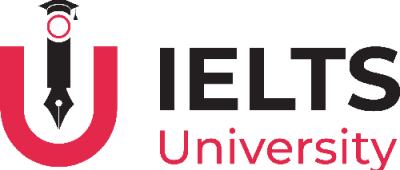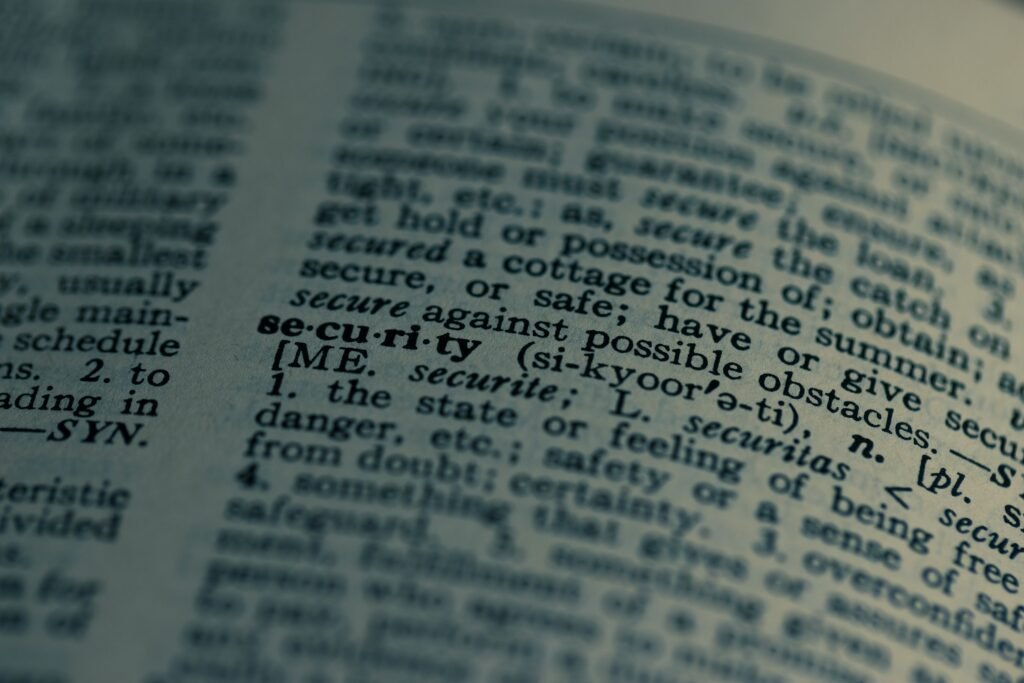Why Vocabulary Matters in IELTS
Vocabulary accounts for 25% of your score in both Writing and Speaking tests. Examiners assess:
✔ Range – Using varied, topic-specific words
✔ Accuracy – Correct word choice and collocations
✔ Flexibility – Paraphrasing and using synonyms effectively
Myth Alert:
❌ “Complex words guarantee high scores” → False!
✅ “Appropriate words used correctly boost scores” → True!
6-Step Strategy to Build IELTS Vocabulary
1. Choose Engaging Materials
Pick one daily source you enjoy:
-
Books (fiction/non-fiction)
-
Podcasts (BBC, TED Talks)
-
YouTube channels (educational content)
-
News (BBC, National Geographic)
Why? Learning is faster when you’re interested!
2. Get a Dedicated Notebook
Track new words with:
-
Definitions
-
Example sentences
-
Collocations (natural word pairings)
-
Synonyms/Antonyms
3. Learn 15 New Words Daily
-
Read/listen to your chosen material
-
Highlight unfamiliar words
-
Guess meanings from context first
4. Research Thoroughly
For each word, note:
✔ Part of speech (noun/verb/adjective)
✔ Pronunciation (use Cambridge Dictionary)
✔ Common phrases (e.g., “heavy rain” not “strong rain”)
5. Review Strategically
Revisit words:
-
After 1 day
-
After 1 week
-
After 1 month
6. Use Words Actively
Practice by:
-
Writing sentences
-
Recording short speeches
-
Thinking in English
Result: 300+ words/month → 2,000+ words in 6 months!
What Band 9 Vocabulary Looks Like
| Band 5 | Band 7 | Band 9 |
|---|---|---|
| “Big problem” | “Significant issue” | “Pressing global concern” |
| “Good idea” | “Practical solution” | “Innovative approach” |
| “Many people” | “A substantial proportion” | “A overwhelming majority” |
Key Difference:
-
Band 5-6: Basic words, some errors
-
Band 7: Some less common words, mostly accurate
-
Band 8-9: Precise, natural word choice with flexibility
Top 10 IELTS Topics & Key Vocabulary
1. Technology
✔ Nouns: innovation, automation, cybersecurity
✔ Verbs: revolutionize, streamline, hack
✔ Phrases: “digital divide”, “cutting-edge technology”
2. Education
✔ Nouns: literacy, curriculum, pedagogy
✔ Verbs: memorize, plagiarize, graduate
✔ Phrases: “lifelong learning”, “rote memorization”
3. Environment
✔ Nouns: sustainability, deforestation, carbon footprint
✔ Verbs: emit, conserve, degrade
✔ Phrases: “renewable energy”, “climate change mitigation”
4. Health
✔ Nouns: pandemic, obesity, wellness
✔ Verbs: diagnose, vaccinate, prescribe
✔ Phrases: “mental health awareness”, “sedentary lifestyle”
(Continue with 6 more topics: Globalization, Crime, Arts, Work, Society, Transportation)
Common Mistakes That Lower Scores
❌ Forcing “advanced” words
-
Incorrect: “The weather is very egregious today.”
-
Correct: “The weather is very unpredictable.”
❌ Misusing collocations
-
Incorrect: “make a research”
-
Correct: “conduct research”
❌ Overusing idioms
-
Poor: “This is a hot potato in modern society.”
-
Better: “This is a controversial issue in modern society.”
How to Use Synonyms Effectively
IELTS Reading/Listening Tip:
Questions often paraphrase text using synonyms.
Example:
-
Text: “The exhibit was astonishing.”
-
Question: “The display was ___.” (Answer: amazing)
Practice Strategy:
-
Read an article
-
Highlight key nouns/verbs
-
Brainstorm 2-3 synonyms for each
Free Vocabulary-Building Resources
Reading Sources
-
National Geographic (Environment/Science)
-
The Economist (Global Issues)
-
BBC Future (Technology)
Listening Sources
-
TED Talks (Academic topics)
-
BBC 6-Minute English (Vocabulary-focused)
Tools
-
Cambridge Dictionary (Definitions/collocations)
-
Quizlet (Flashcard practice)
Final Tips for Success
✅ Learn words in groups (e.g., all “education” terms together)
✅ Focus on nouns/verbs first (most useful for IELTS)
✅ Prioritize accuracy over complexity
✅ Review more, cram less (spaced repetition works!)
Remember: Even native speakers don’t know every English word. Aim for precise, natural communication – not a thesaurus!





